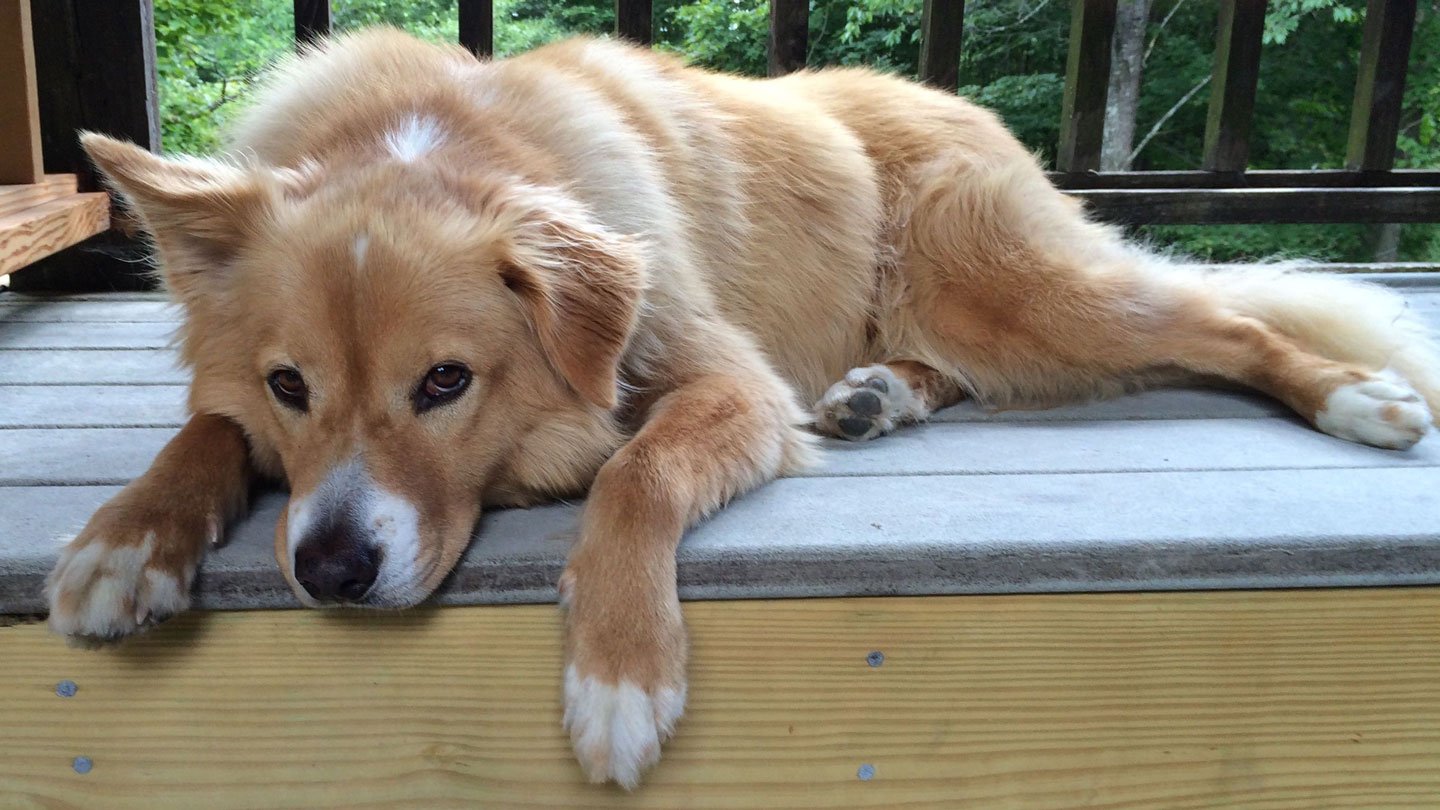Turns out we may be unfairly stereotyping dogs.
Modern breeds are shaped around aesthetics: Chihuahuas’ batlike ears, poodles’ curly fur, dachshunds’ hot dog shape. But breeds are frequently associated with certain behaviors, too. For instance, the American Kennel Club describes border collies as “affectionate, smart, energetic” and beagles as “friendly, curious, merry.”
Now, genetic information from more than 2,000 dogs, paired with self-reported surveys from dog owners, indicates that a dog’s breed is a poor predictor of its behavior. On average, breed explains only 9 percent of the behavioral differences between individual dogs, researchers report April 28 in Science.
Sign Up For the Latest from Science News
Headlines and summaries of the latest Science News articles, delivered to your inbox
Thank you for signing up!
There was a problem signing you up.
“Everybody was assuming that breed was predictive of behavior in dogs,” geneticist Elinor Karlsson of the University of Massachusetts Chan Medical School in Worcester said in an April 26 news briefing. But “that had never really been asked particularly well.”
Geneticists had asked the question before in different ways. One study in 2019 looked at whether genetics might explain collective variation between breeds and found that genes could explain some of the differences between, say, poodles and chihuahuas (SN: 10/1/19). But Karlsson and her colleagues wanted to learn how much breed can predict variation in individual dogs’ behavior.
To study variation at the individual level, the team needed genetic and behavior data from a lot of dogs. So they developed Darwin’s Ark, an open-source database where more than 18,000 pet owners responded to surveys about their dog’s traits and behavior. The survey asked over 100 questions about observable behaviors, which the researchers grouped into eight “behavioral factors,” including human sociability (how comfortable a dog is around humans) and biddability (how responsive it is to commands).
The researchers also collected genetic data from 2,155 purebred and mixed-breed dogs, including 1,715 dogs from Darwin’s Ark whose owners sent in dog saliva swabs. The inclusion of mixed-breed dogs, or mutts, shed light on how ancestry affects behavior while removing the purebred stereotypes that could affect the way the dog is treated — and thus behaves.
Studying mutts also makes it easier to decouple traits from one another, says Kathleen Morrill, a geneticist in Karlsson’s lab. “And that means on an individual basis, you’re going to have a better shot at mapping a gene that is actually tied to the question you’re asking.”
Then the team combined the genetic and survey data for the individual dogs to identify genes associated with particular traits. The new study revealed that the most heritable behavioral factor for dogs is human sociability, and that motor patterns — such as howling and retrieving — are generally more heritable than other behaviors.
That makes sense, Kathryn Lord, an evolutionary canine biologist in Karlsson’s lab, said during the briefing. Before modern breeding started within the last couple hundred years or so, dogs were selected for the functional roles they could provide, such as hunting or herding (SN: 4/26/17). Today, these selections still show up in breed groups. For instance, herding dogs on average tend to be more biddable and interested in toys. It also follows that, within breed groups, individual breeds are more likely to display certain motor patterns: Retrievers, unsurprisingly, are more likely to retrieve.
Still, even though breed was associated with certain behaviors, it was not a reliable predictor of individual behavior. While retrievers are less likely to howl, some owners reported that their retrievers howled often; greyhounds rarely bury toys, except some do.
The research solidifies what people have observed: Dog breeds differ on average in behavior, but there’s a lot of variation within breeds, says Adam Boyko, a canine geneticist at Cornell University who was not involved in the study.
Surprisingly, size had even less of an effect — as in, virtually none — on an individual’s behavior, despite the yappiness commonly associated with small dogs. Boyko points out that small dogs may often behave worse than large dogs, but rather than that being built into their genetics, “I think it’s that we typically tolerate poor behavior more in small dogs than we do in big dogs.”
As a dog trainer, Curtis Kelley of Pet Parent Allies in Philadelphia says that he meets a dog where it’s at. “Dogs are as individual as people are,” he says. Breed gives a loose guideline for what kind of behaviors to expect, “but it’s certainly not a hard-and-fast rule.”
If a person is looking to buy a dog, he says, they shouldn’t put too much stock in the dog’s breed. Even within a litter, dogs can show very different personalities. “A puppy will show you who they are at eight weeks old,” Kelley says. “It’s just our job to believe them.”



